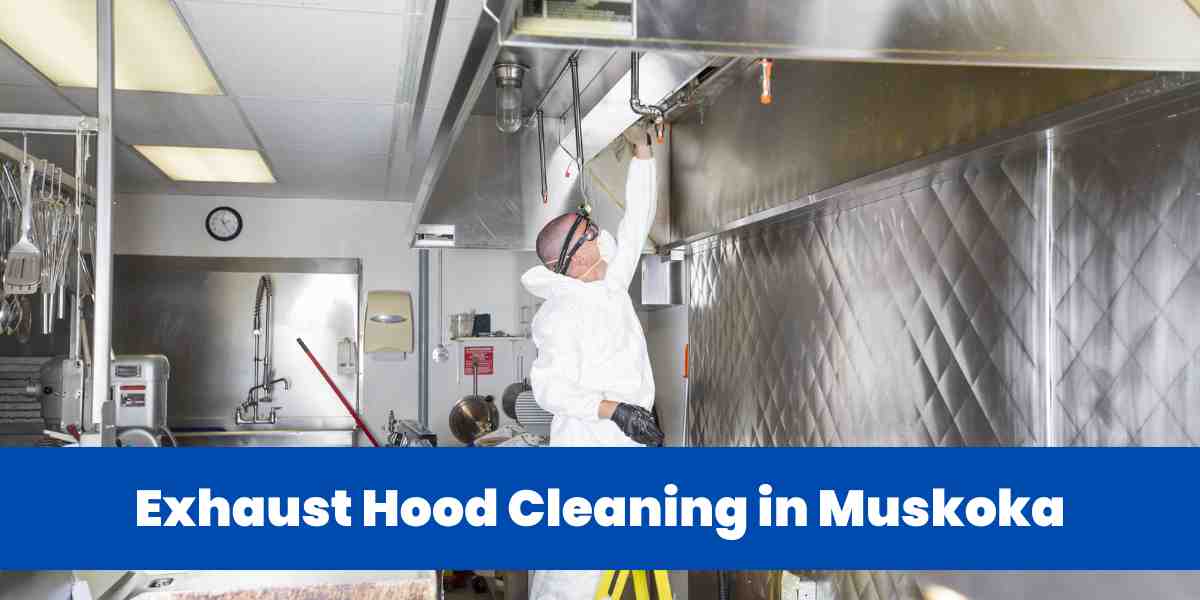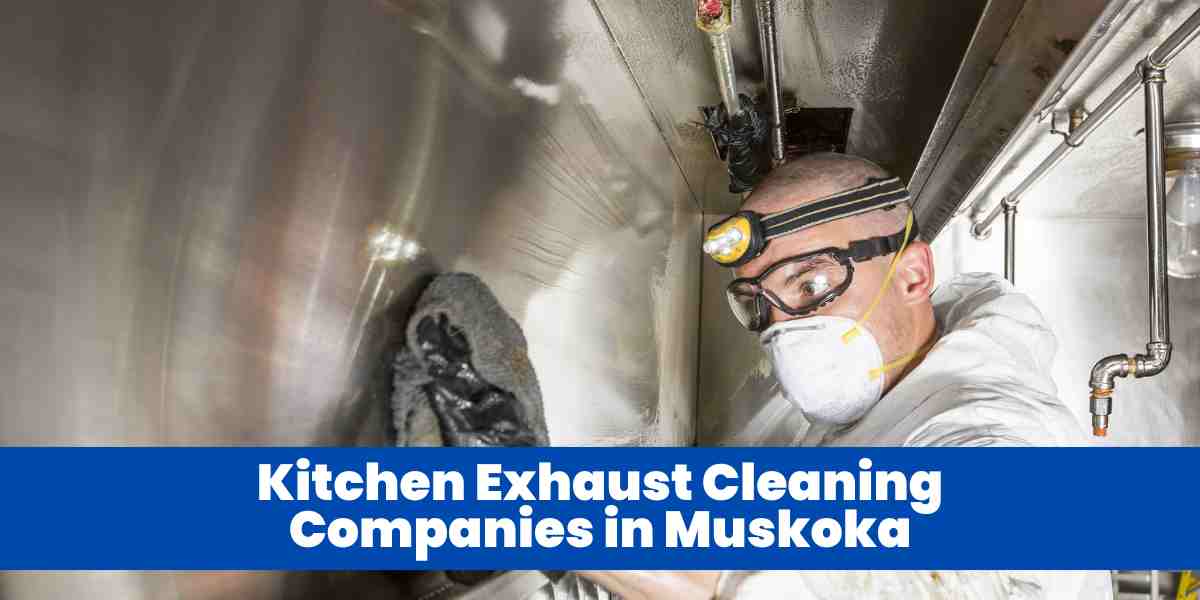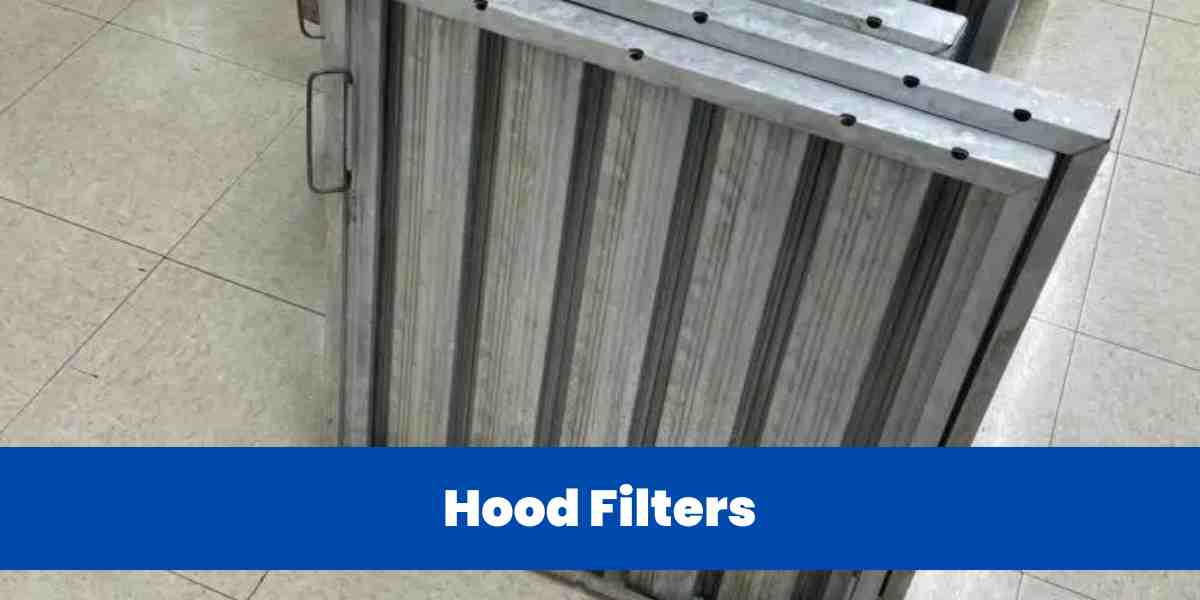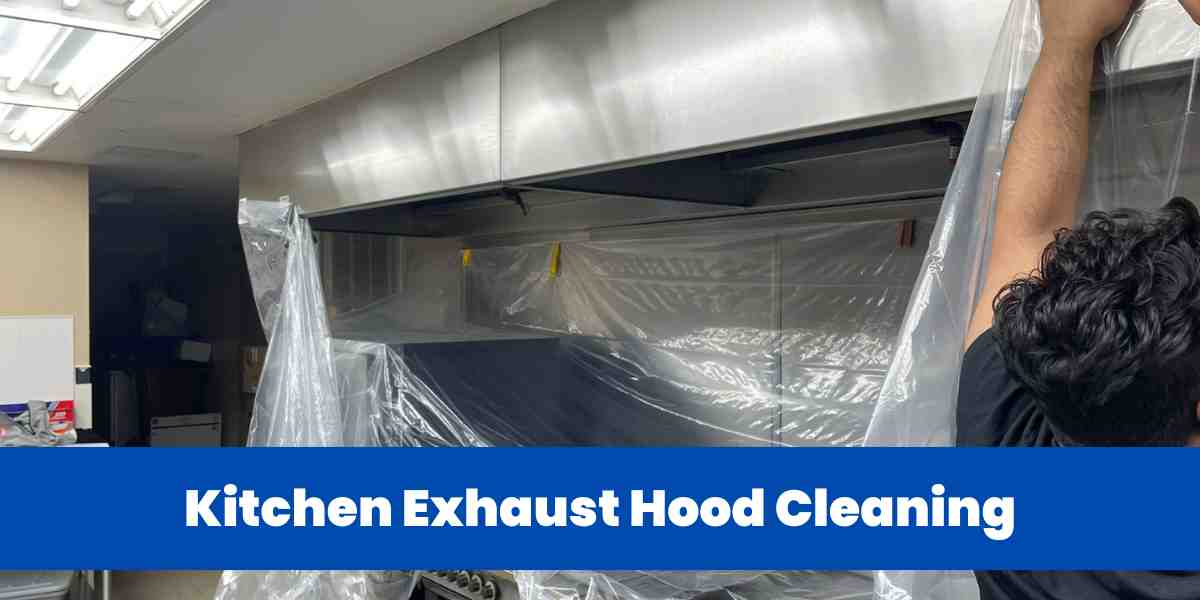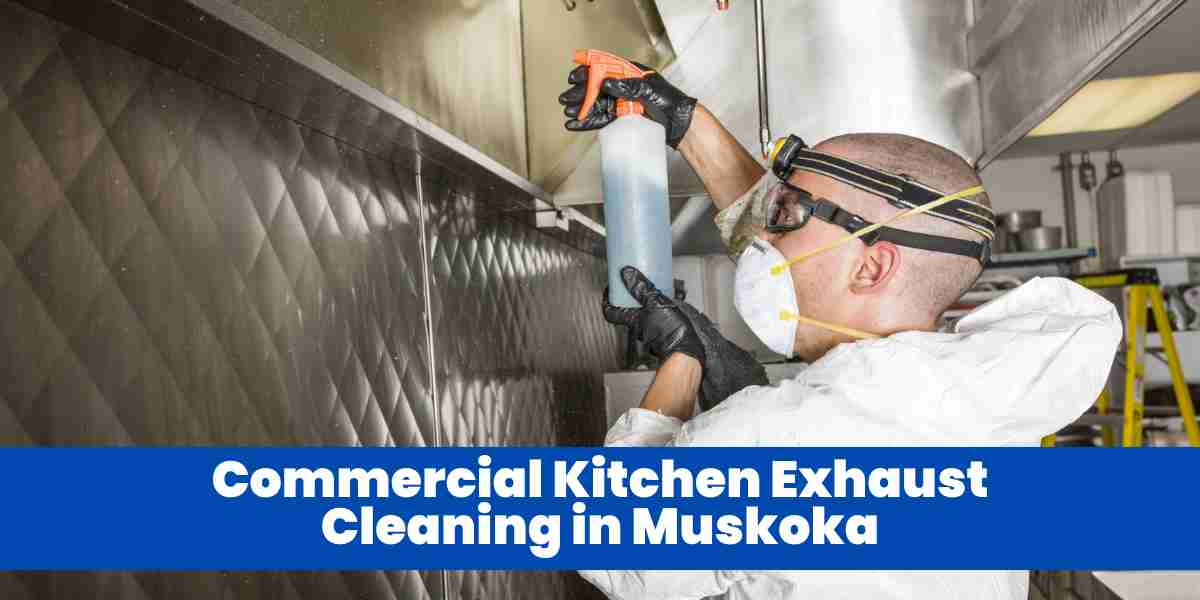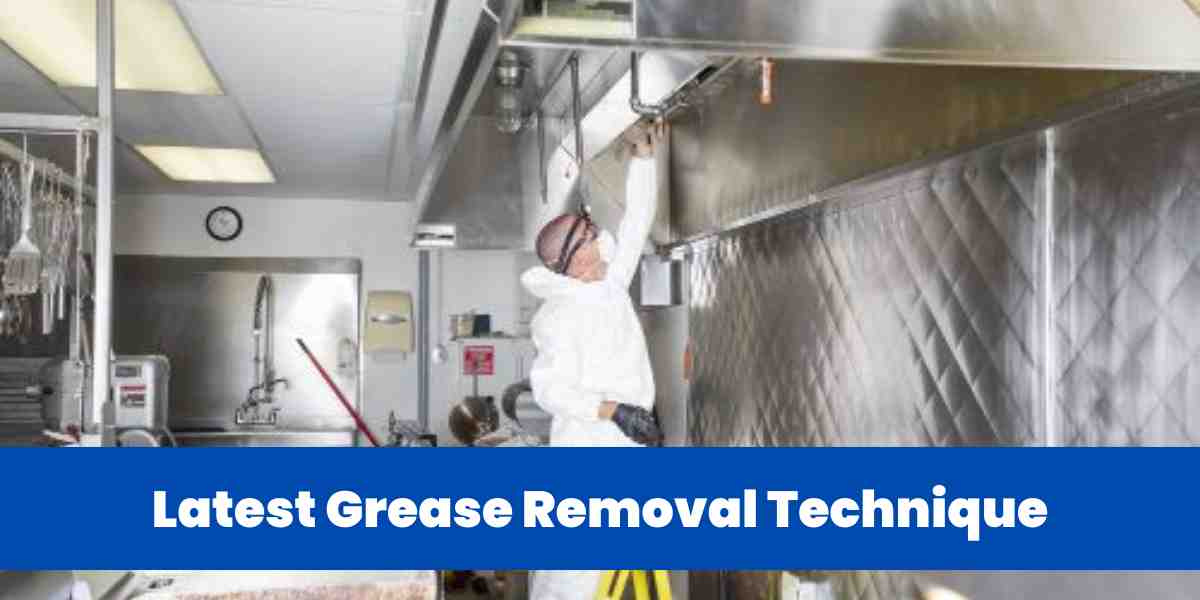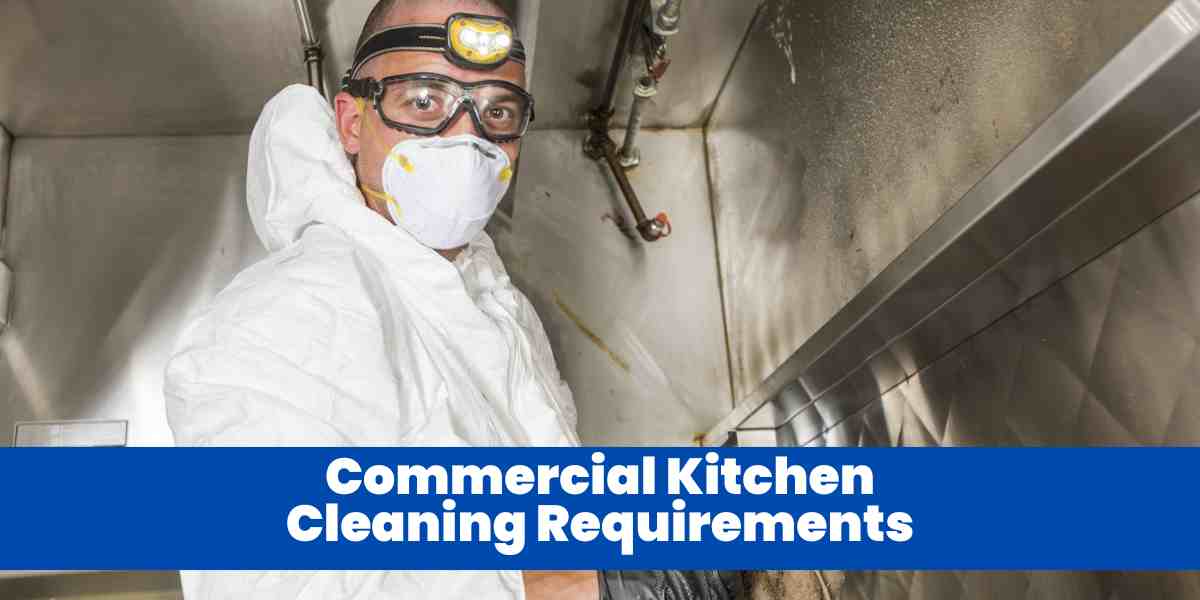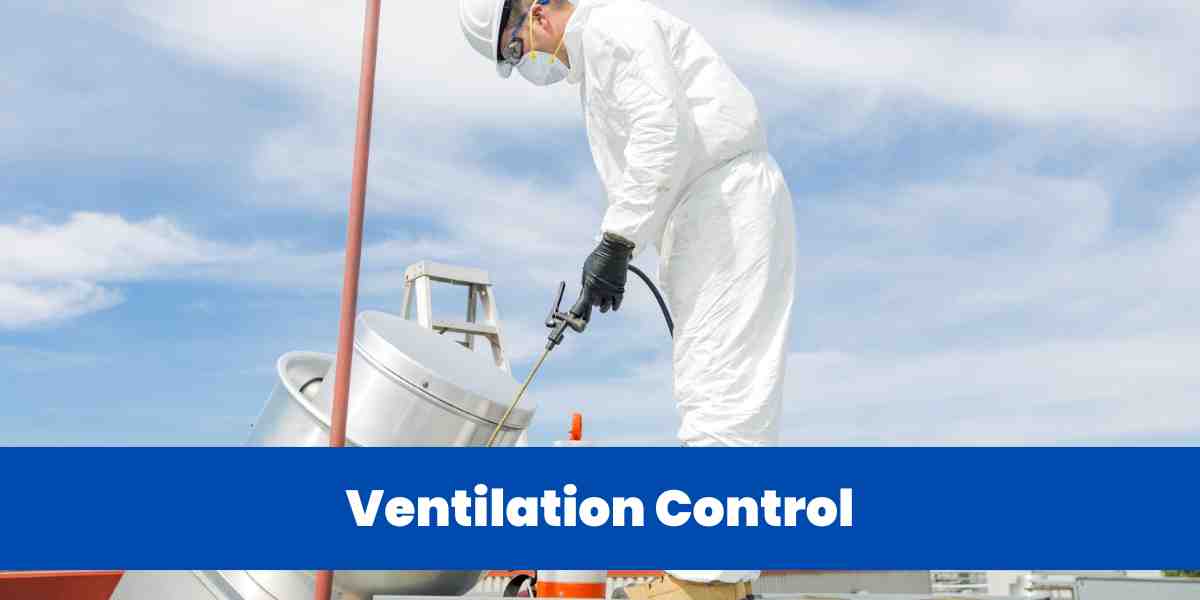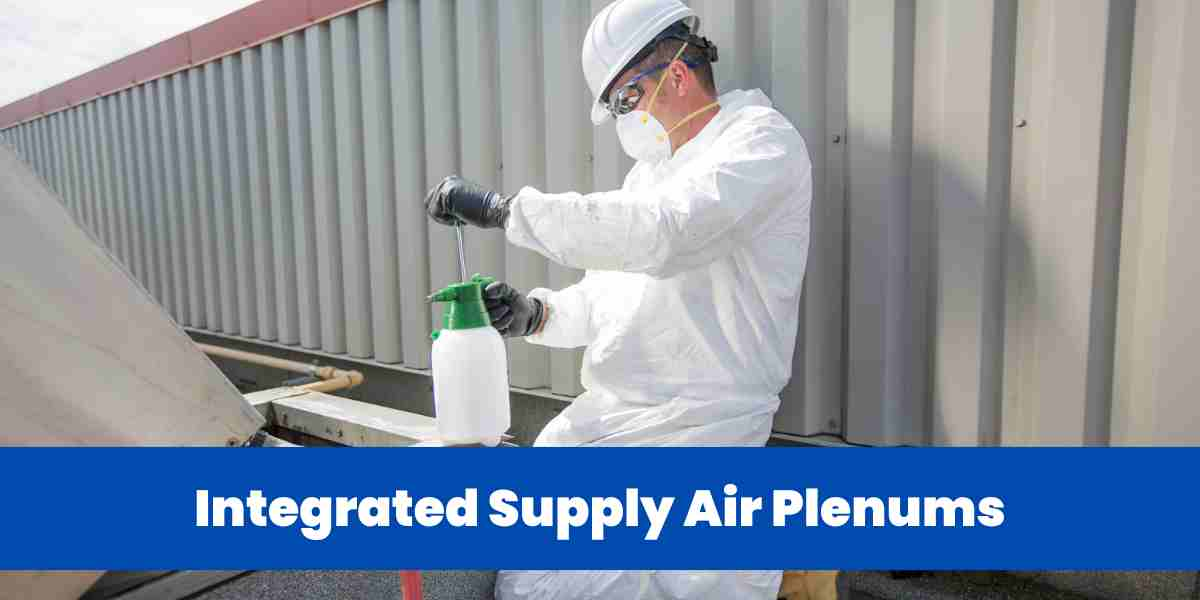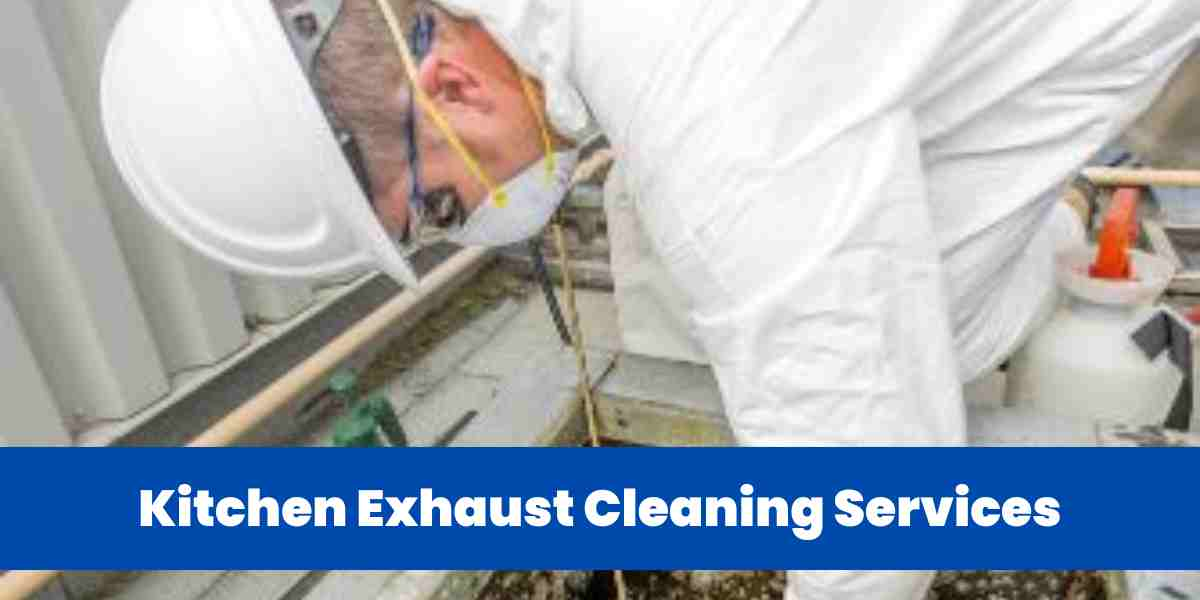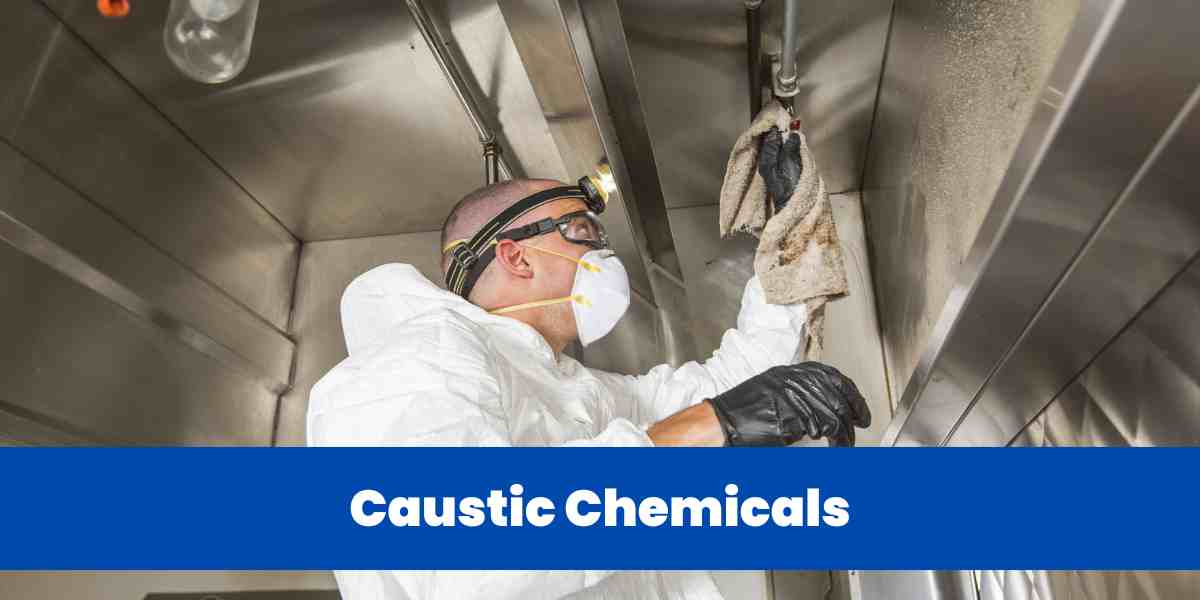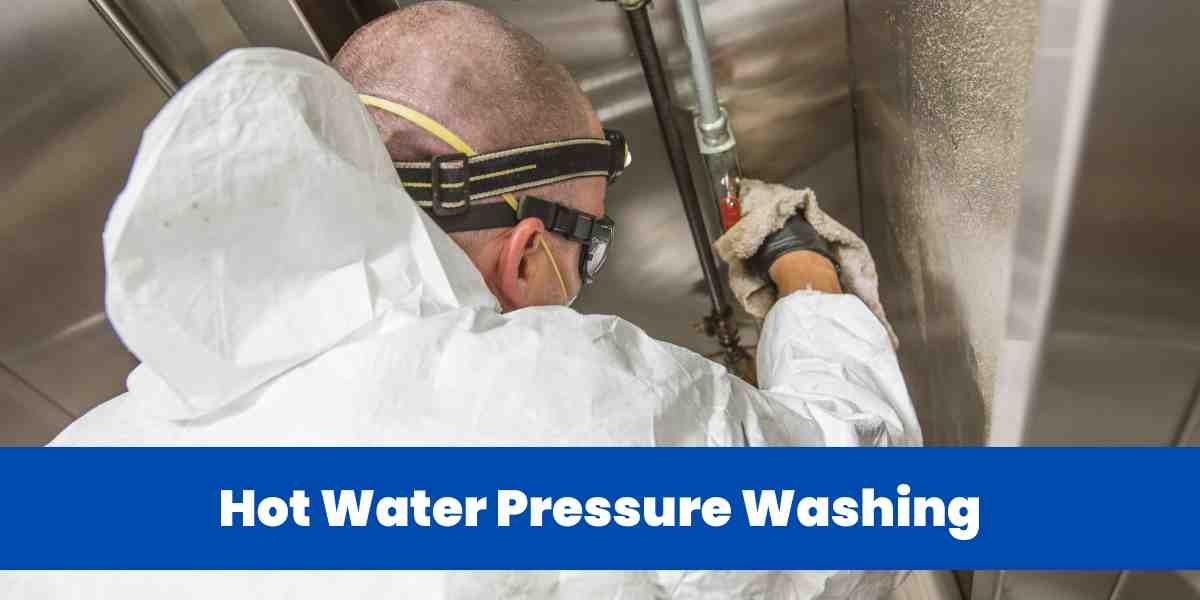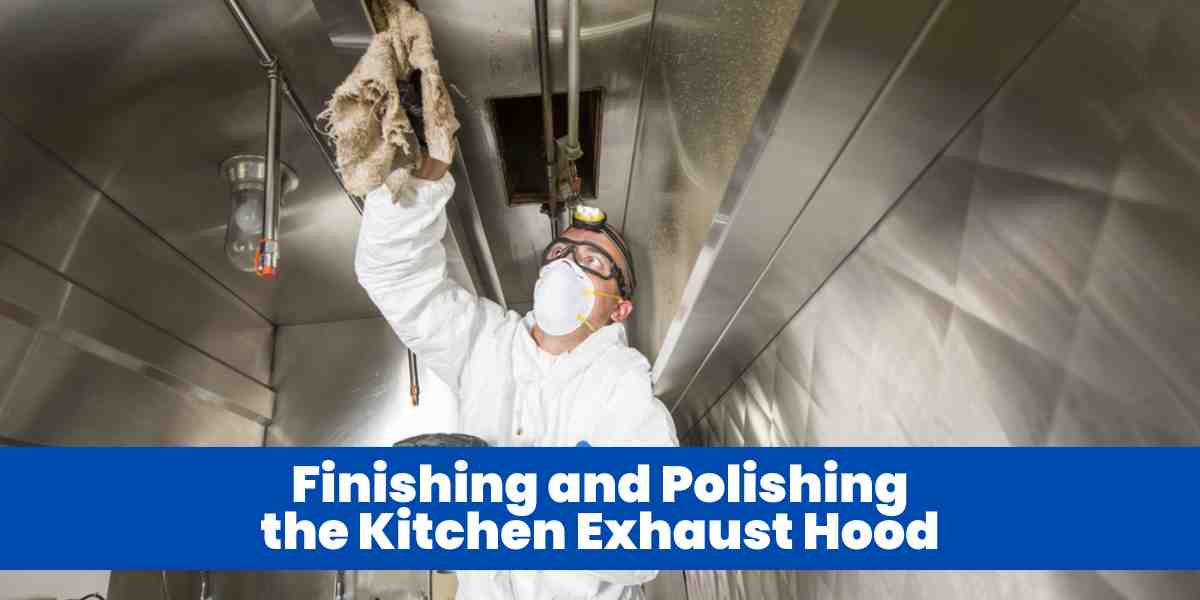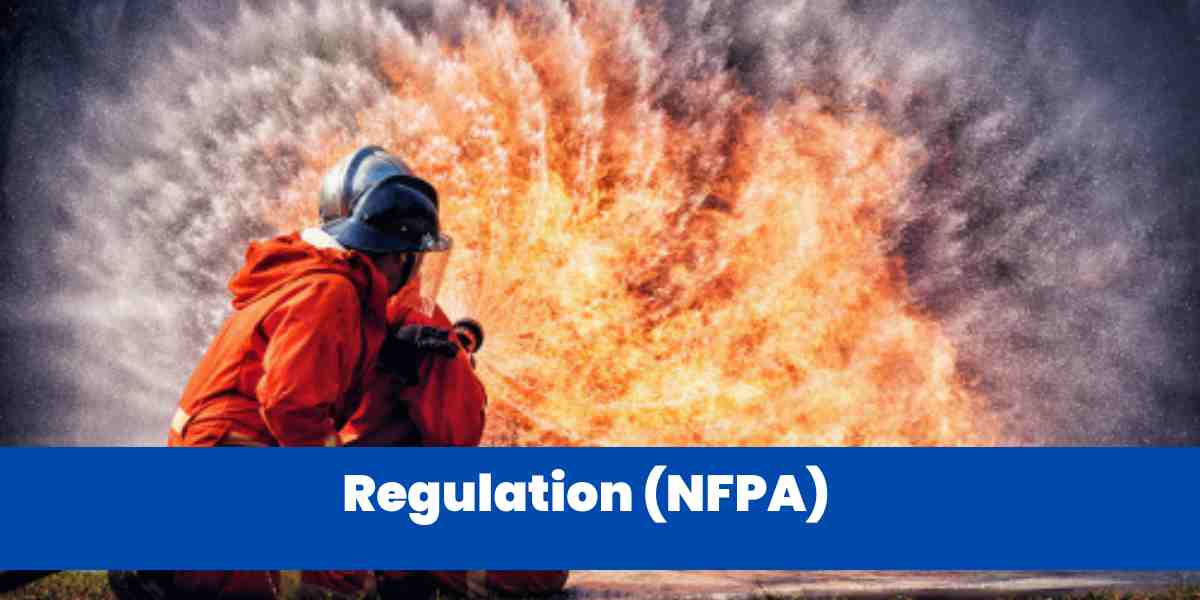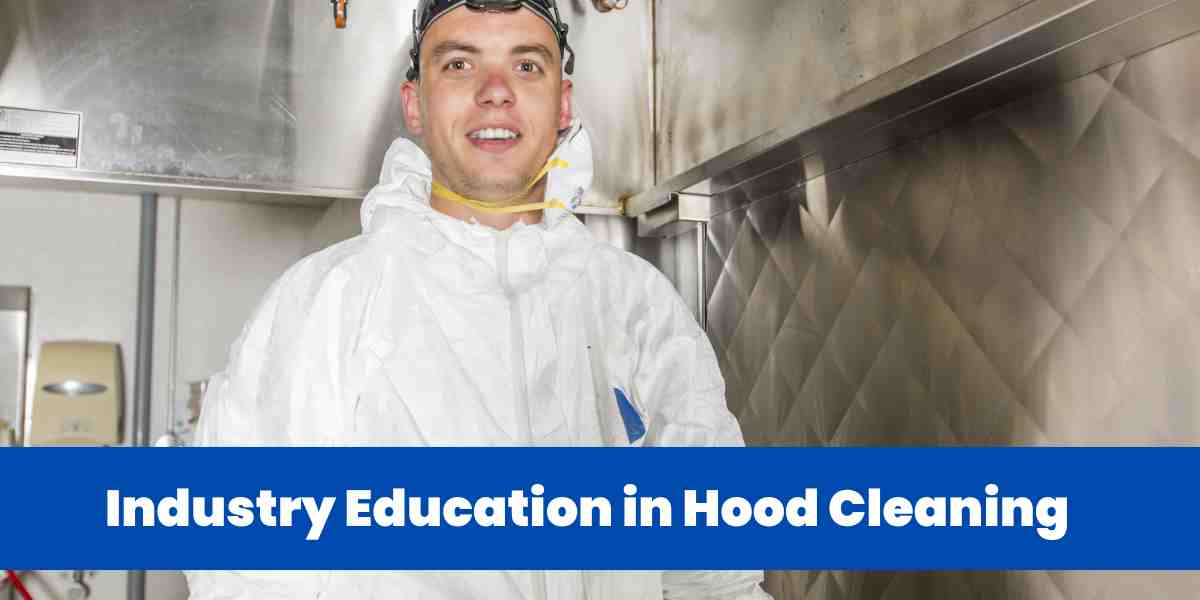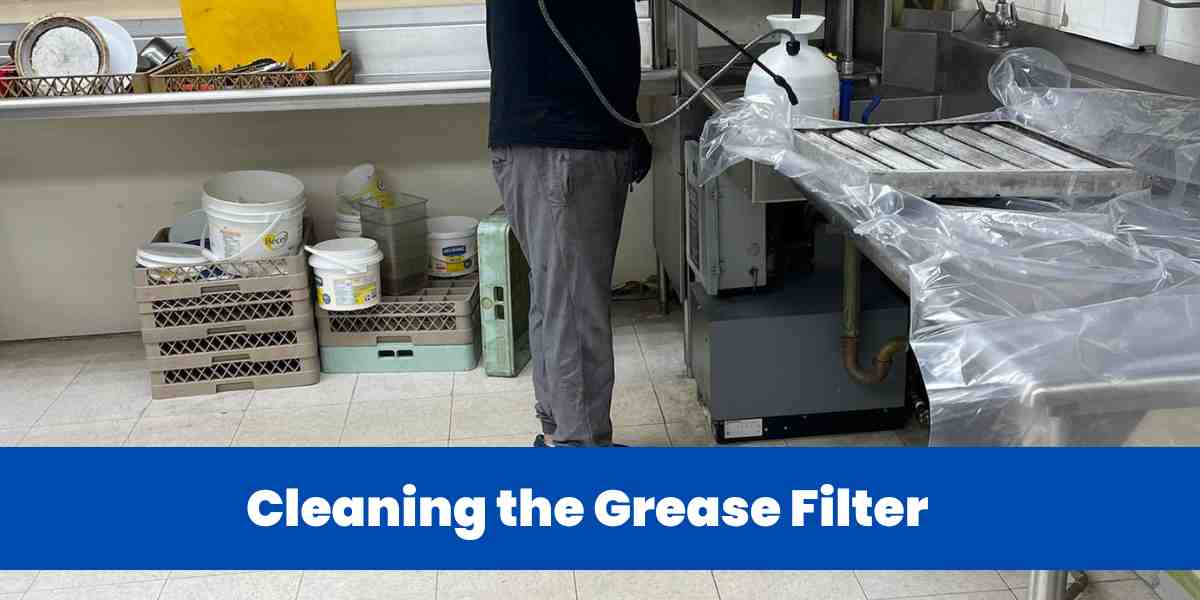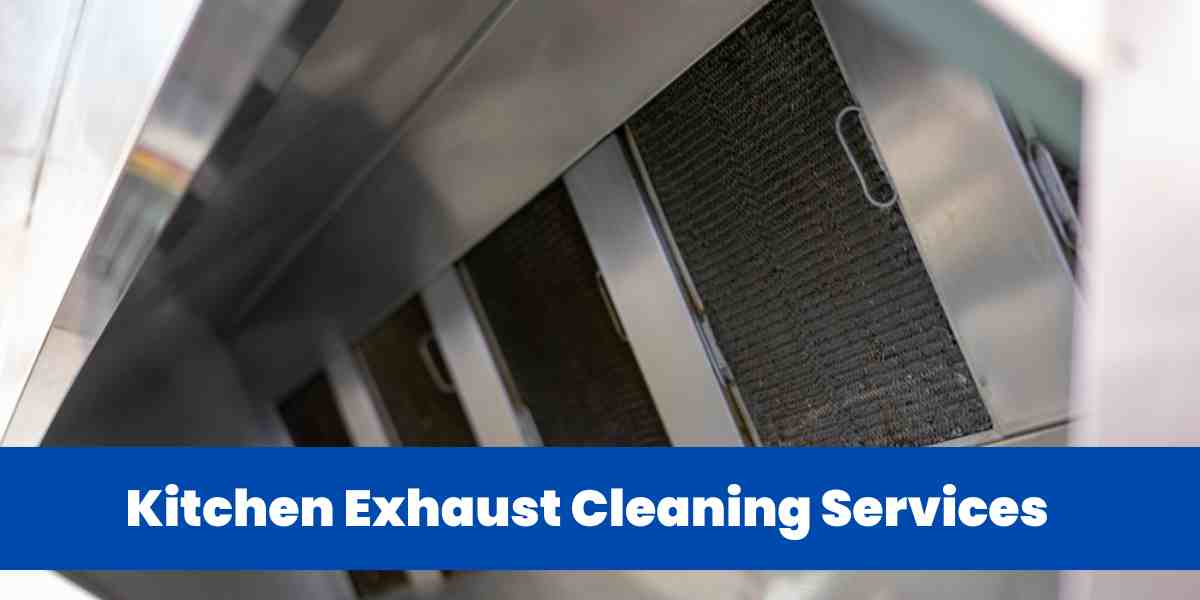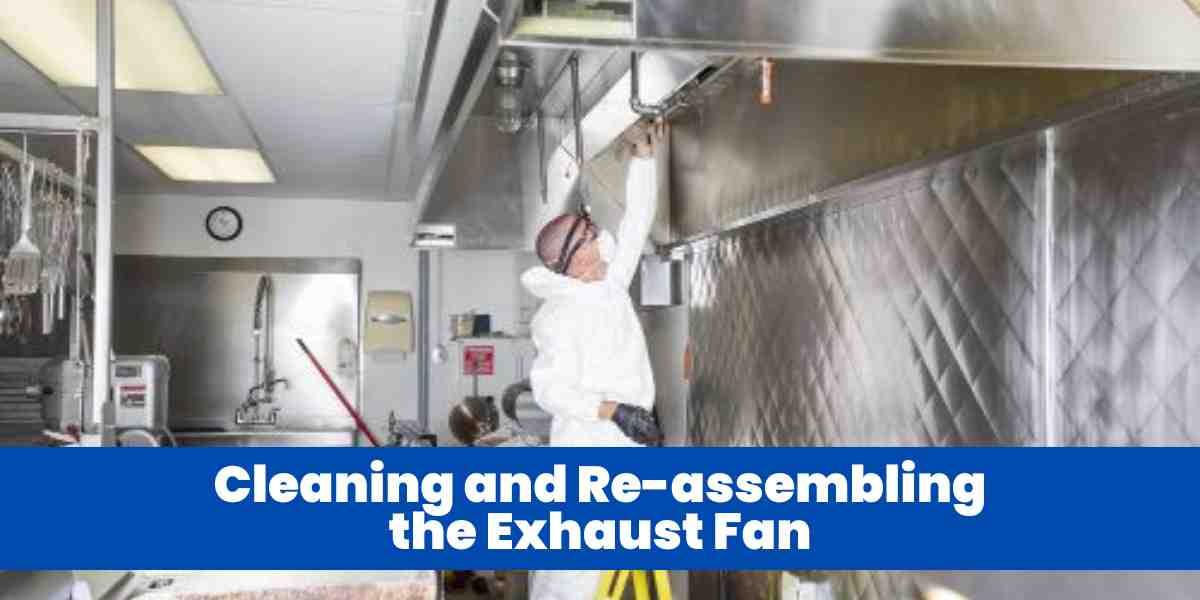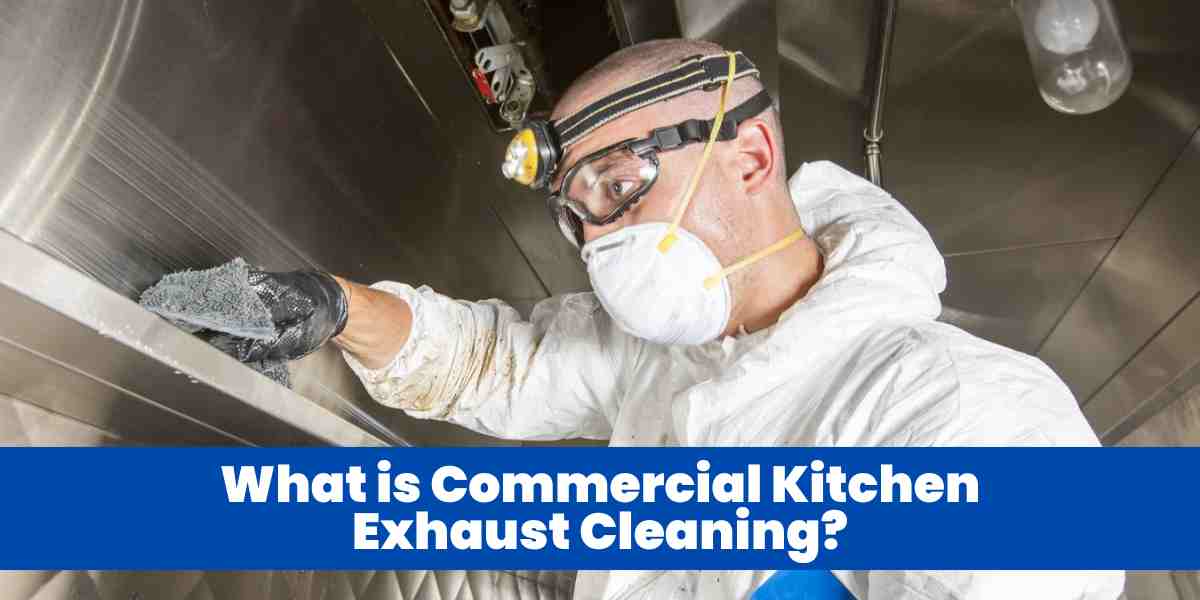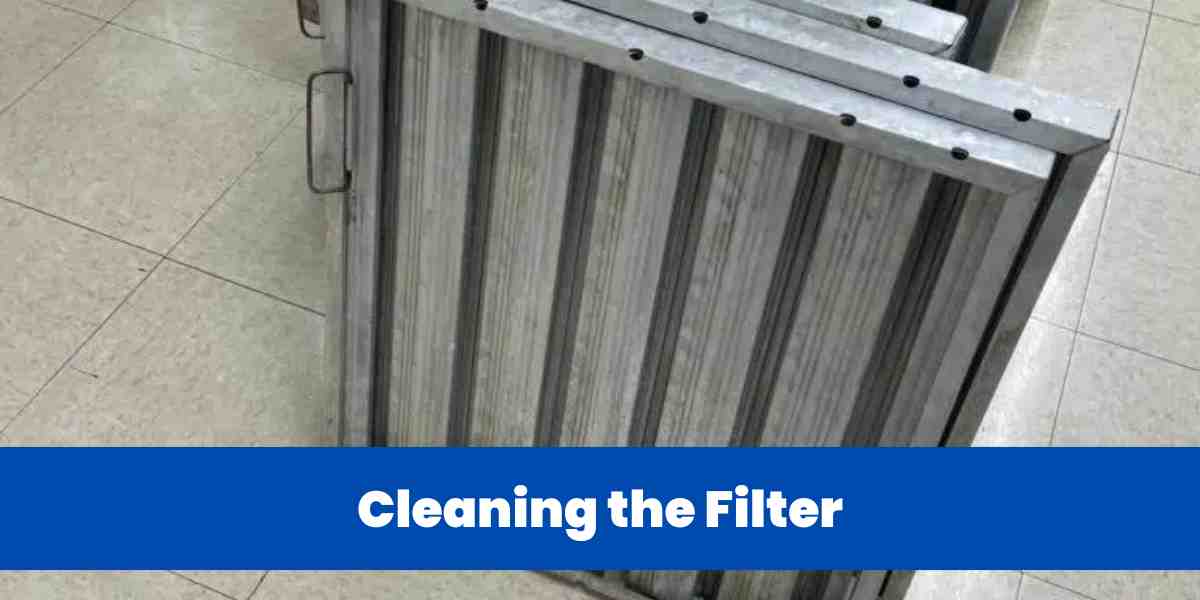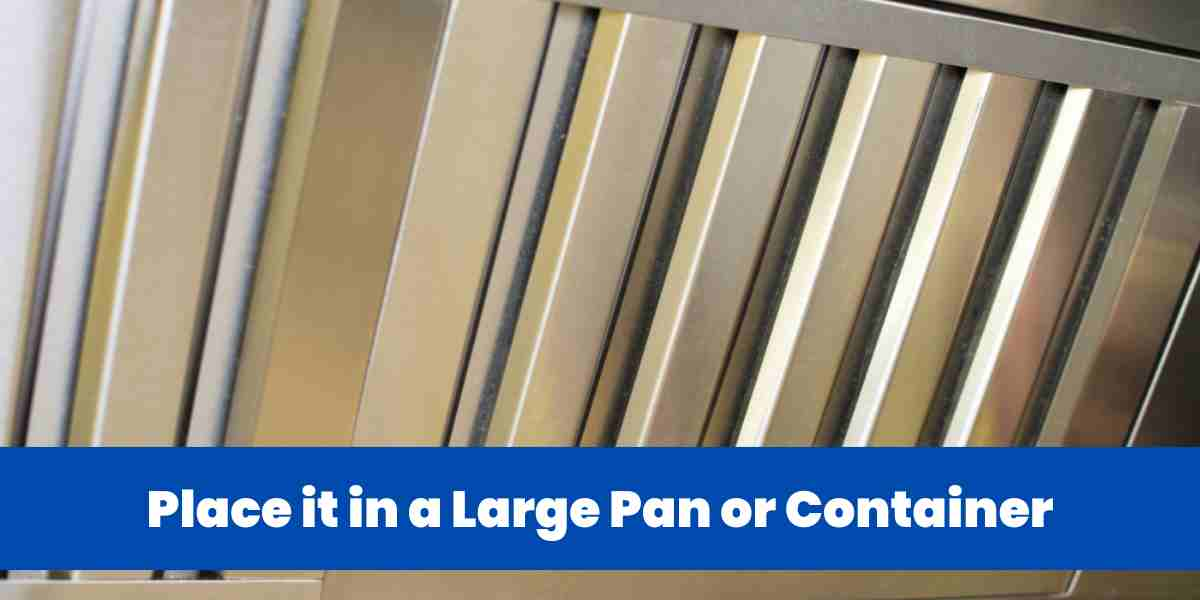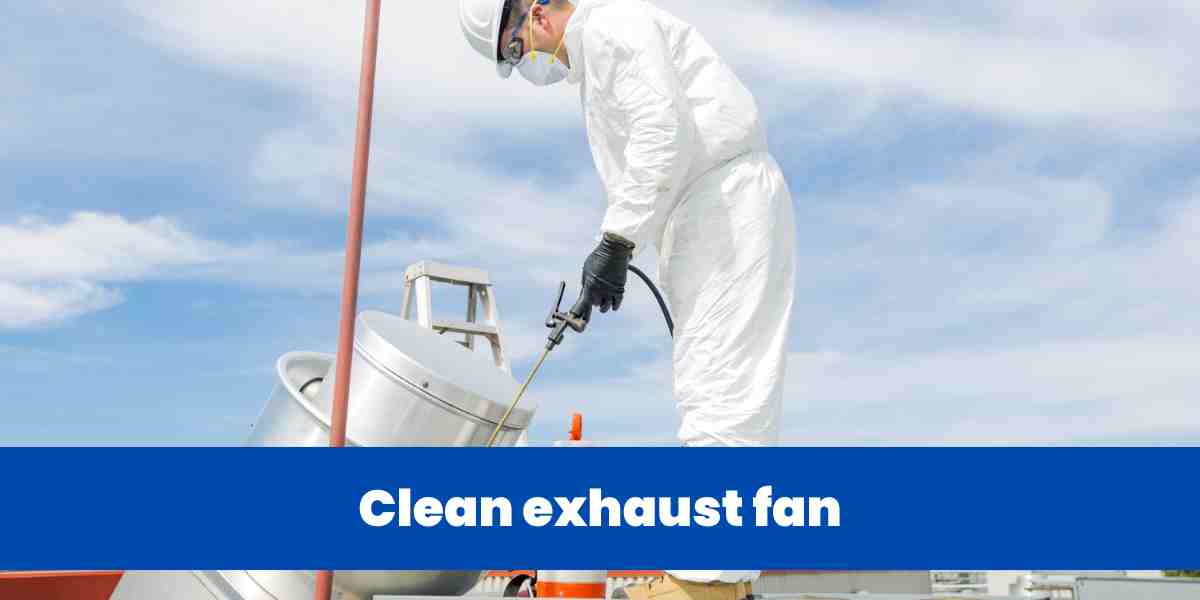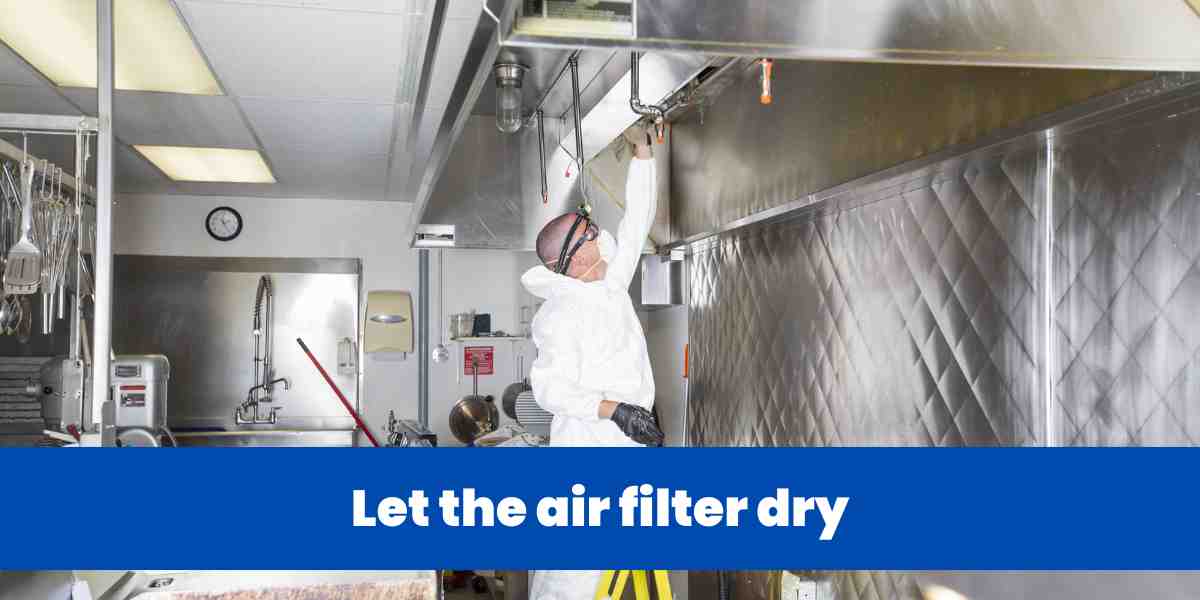Kitchen Exhaust Cleaning
Keeping the exhaust system in a commercial kitchen clean and well-maintained is crucial to ensuring the safety of the kitchen’s food preparation area. Dirt, oil, and other debris can accumulate inside the ventilation system and pose a major fire threat if not removed regularly. Aside from the obvious fire threat, poor exhaust cleaning practices can also lead to unhealthy air levels in the kitchen, putting the health of the staff at risk.
Regular ventilation system inspections by a competent provider may help ensure that it poses no safety risks. The proper and thorough cleaning of the exhaust system will help prevent fires and bad air quality in the kitchen.
No one does exhaust cleaning and maintenance better than Muskoka Hood Cleaning regarding commercial kitchen ventilation systems. We have years of expertise in cleaning and sanitizing kitchen hoods, so we know how crucial it is to ensure your kitchen is free of fire dangers and unhealthy air.
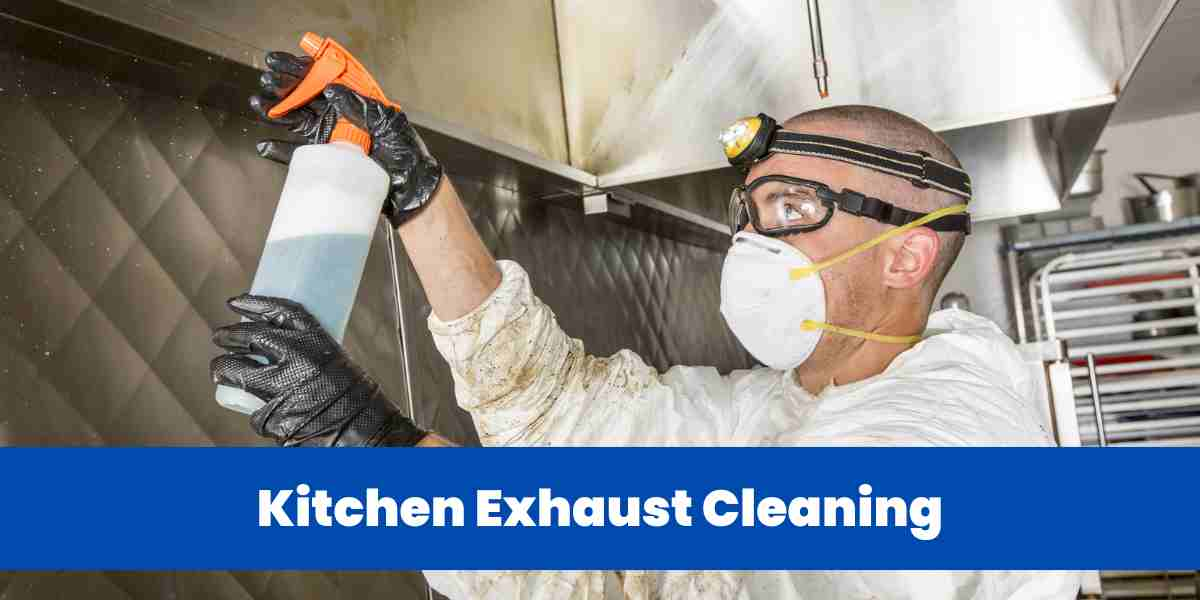
Request a Estimate
exhaust cleaning estimate today.
Exhaust Hood Cleaning in Muskoka
Muskoka Hood Cleaning has made a name for itself in exhaust hood cleaning thanks to its excellent service, namely by employing professionals who have passed the necessary exams to become NFPA 96 certified.
As a result, you can be certain that all safety procedures are followed and that any possible dangers are eliminated before they can spread.
Muskoka Hood Cleaning also uses safe materials for the environment and the ventilation system to ensure that both are left in pristine condition after treatment.
Kitchen Exhaust Cleaning Companies in Muskoka
A properly functioning exhaust system is critical to the health and efficiency of any kitchen. However, with time, oil and other pollutants can accumulate and cause obstructions in the system. There are a few telltale indications that it’s time to contact an exhaust cleaning service for your kitchen:
-
A grease buildup on the ducts or hood indicates that the system needs to be cleaned.
-
Strong scents from the hood ventilation system indicate grease and other impurities have built up inside the ducts.
-
If the kitchen exhaust fan blows less air than normal, it may be because grease and other debris have accumulated in the ducting.
-
Sparks or smoke from the kitchen exhaust system indicate a major problem that must be fixed immediately to prevent a fire. Grease and other debris may have collected inside the ducts, leading to this problem.
-
Filters in a kitchen hood need to be kept clean for the hood to function properly, and if they become clogged with grease and debris, the hood will not be able to vent out smoke and heat as efficiently as it might.
Kitchen Exhaust Fan Cleaning
Keeping the exhaust fan clean is an important part of keeping a kitchen safe and healthy for those who work inside. Lack of routine maintenance can lead to a buildup of dirt and oil in the ventilation system, increasing the likelihood of fire dangers and lowering air quality. If the vent isn’t clean, the filtering system can’t do its job properly, which might mean extra dust and debris floating around the kitchen.
Muskoka Hood Cleaning is the most reliable service for cleaning and maintaining kitchen exhaust fans. Our experts are NFPA 96-certified, so you know they take safety seriously, and the items they use in their services are safe for both people and the environment. If you need an exhaust cleaning service, go no further than Muskoka Hood Cleaning; we come highly recommended thanks to our years of experience and excellent track record.
Kitchen Exhaust Hood Cleaning
If you decide to use Muskoka Hood Cleaning, you can anticipate these benefits:
Safety: Regular professional exhaust cleaning is required to ensure everyone’s safety in the kitchen. Cleaning the ventilation system can lower the chance of a fire or poor air quality by eliminating debris, oil, and other possible threats.
Effectiveness: A clean exhaust fan in the kitchen means less dust and other particles will be blown back into the room. This is crucial for maintaining good indoor air quality in your eatery.
Savings: Hiring a professional exhaust cleaning service now can save you money in the long term by decreasing maintenance expenses and avoiding future expensive repairs caused by ignoring the ventilation system.
Commercial Kitchen Exhaust Cleaning in Muskoka
Contact a professional service if you need your commercial kitchen’s exhaust ducts cleaned. If you want your ventilation system to be properly cleaned and maintained, hire a professional cleaning service. In addition to using specialist tools and eco-friendly supplies, they ensure your kitchen’s safety, cleanliness, and efficiency.
Injuries or fires are possible outcomes of attempting to clean industrial kitchen exhaust systems on one’s own. In addition, you might not be able to thoroughly clean your ventilation system if you don’t have the right equipment and expertise. Not cleaning and maintaining the system might cause it to become clogged and inefficient, which can increase utility expenditures over time.
Restaurant Exhaust Hood
Experts in the field of cleaning and maintaining kitchen exhaust systems are the ones who usually get the job done when it comes to commercial kitchen exhaust cleaning. These businesses employ high-powered machinery and tried-and-true methods to clean all parts of the exhaust system meticulously. As a rule, these steps are taken:
-
Inspection of the system to identify any potential issues or areas that need special attention
-
Disassembly of the system to access all parts of the ductwork and other components
-
Use of specialized tools such as power washers and scrapers to remove built-up grease and other debris
-
Use of chemical solutions to break down and remove stubborn grease and grime
-
Reassembly of the system and a final inspection to ensure that it is clean and functioning properly
When cleaning a kitchen exhaust system manually, you’ll need a ladder and some cleaning solution to scrub the hood and the ducting. Some of the built-up oil and dirt may be removed with this procedure, but it is not as effective as professional cleaning methods and may not remove it completely. In addition, the security of a do-it-yourself approach can’t always be guaranteed.
Also, in some areas, cleaning the exhaust systems of commercial kitchens are required by law and must be performed by trained and qualified personnel.
Exhaust System Cleaning
The following are the standard procedures for cleaning a kitchen exhaust system:
The first thing to do is inspect the kitchen exhaust system for any problems or trouble spots. Ducts, hoods, and fans should all be inspected for damage, obstructions, and other signs of wear and tear.
The next step is to disassemble the kitchen exhaust system to get to all the ductwork and other pieces of the kitchen exhaust system. The hood, fans, and other components may need to be removed to access the ducting.
To clean the system, it must first be taken apart, at which point powerful washers and scrapers are used to eliminate oil and other contaminants accumulated over time. This is crucial since grease buildup is the main cause of fires in kitchen exhaust systems.
To eliminate any remaining filth and oil after the mechanical cleaning procedure, chemical treatments are applied.
After the cleaning procedure is complete, the system is disassembled, cleaned, and reassembled for a final inspection.
After the cleaning is finished, Muskoka Hood Cleaning will provide a certificate attesting to the fact that it was cleaned in accordance with NFPA 96 regulations. This certification is required by law to meet safety regulations.
Commercial Exhaust Hood Canada
As crucial as they are to any business kitchen’s operation, exhaust hoods may easily get clogged or destroyed with use. Not only may ductwork get clogged with grease and other debris, but lack of maintenance also increases the risk of corrosion and structural strain. Combustible elements used in ventilation systems, such as aluminum fumes or UV radiation, necessitate the installation of particular filters that must be changed regularly. These systems are susceptible to inefficiency and even dangerous if not maintained properly.
Moreover, different types of exhaust hoods have varying airflow needs based on their design and purpose. If you don’t meet these standards, your kitchen may not have enough ventilation, which can compromise your appliances’ functioning and your employees’ safety. Regularly maintaining your industrial kitchen’s exhaust hood is crucial to its safety and efficiency.
If you need a competent and experienced team to handle your commercial exhaust hood, choose Muskoka Hood Cleaning!
Integrated Supply Air Plenums
Integrated Supply Air Plenums (ISAPs) is an important part of commercial kitchen ventilation systems. These plenums are designed to distribute conditioned air evenly throughout the kitchen, controlling humidity levels and breaking up hot and cold spots. With these plenums, operators can ensure that their staff can work comfortably in a regulated environment and protect food from contamination due to temperature changes.
ISAPs also provide value by reducing energy costs associated with heating and cooling the air throughout the building. They also help keep noise to a minimum so staff can work efficiently without interruption. By keeping exhaust ducts insulated, ISAPs increase the efficiency of kitchen equipment which helps reduce utility costs in the long run. Furthermore, they can help extend the life of the equipment by protecting it from excessive temperatures or other potential damages caused by normal operation.
Cleaning Processes
A kitchen exhaust hood requires frequent cleaning to guarantee optimal operation and protect against fires. At least once every three months, grease and other debris should be removed from the hood’s filters and ducting. Degreaser and hot water can be used to clean the hood and filters, while a professional should use special instruments to clean the ducting.
The fan and motor need to be checked and maintained yearly to ensure they are working correctly. The hood, ducts, and fan are all components of the exhaust system, and they should all be checked for wear and tear and leaks regularly. Overall, a kitchen exhaust hood must be cleaned and maintained regularly to guarantee the safety of the kitchen and its employees.
Caustic Chemicals
Using caustic chemicals when cleaning kitchen equipment can be very dangerous. Caustic chemicals are corrosive and can break down surfaces like metals quickly and without proper handling and protection. Additionally, some caustic chemicals emit toxic fumes that can irritate eyes, lungs, and skin and may even cause respiratory and skin problems in the long term. Moreover, improper disposal of these chemicals can cause environmental damage due to their toxicity.
For those reasons, it is important to take necessary precautions when using caustic chemicals for cleaning kitchen equipment, such as wearing protective gear like gloves and masks. Additionally, it is best practice to thoroughly read and understand the manufacturer’s instructions before use and safely store unused materials away from food preparation areas.
At Muskoka Hood Cleaning, we only use natural cleaning agents and steam and pressure washing to get rid of filth, grease, and grime in commercial kitchens. Call us if you need our services!
Hot Water Pressure Washing
Hot water pressure washing is a commercial cleaning method used in kitchens and other food service establishments. The process involves using a high-powered stream of hot water combined with cleaning solutions to remove grease, dirt, oil, and other types of soiling from kitchen equipment and surfaces quickly and efficiently. This cleaning method is often more effective than traditional methods such as hand scrubbing, chemical treatments, and manual steam cleaners.
Finishing
Once the pressure washing is complete, it is important to finish the job properly. This means rinsing any remaining residue with clean water and wiping down surfaces with microfiber cloths or other safe materials for use in food service areas. Afterward, surfaces should be sanitized according to the regulations of the National Fire Protection Association (NFPA) Code 96 Section 7.7.2, which states that “all cooking equipment, counters, walls and floors shall be washed down at least once daily.”
Regulation (NFPA)
If you own a restaurant, you should follow the rules the NFPA has established for your kitchen exhaust system’s design, installation, and maintenance. Duct installation, heating, ventilation, and air conditioning (HVAC) systems, fire extinguishing strategies, and maintenance specifications are covered in detail.
In particular, every exhaust system must be cleaned regularly and examined at least once every three months per Section 7.7 of the NFPA Code 96. The objective is to maintain good ventilation and avoid fires by keeping grease from accumulating in the ducts. Additionally, the rules demand that all restaurant appliances be sealed off from grease vapors to prevent cross-contamination.
Industry Education
Proper training of individuals maintaining a restaurant’s kitchen exhaust system is crucial to ensure its continued safe operation.
Maintaining compliance with safety regulations calls for fire suppression, cleaning, and equipment installation expertise. In addition, learning about the system’s relevance might help people realize the value of routine checks and maintenance to keep it in top shape.
Further, knowing the rules outlined in NFPA Code 96 Section 7.7 may protect buildings from fire and other risks associated with grease buildup and other forms of pollution. To minimize danger to workers and consumers, everyone involved in maintenance fully must grasp these guidelines.
Work with Muskoka Hood Cleaning to keep up with the latest changes in the industry. Call us today if you wish to avail yourself of our kitchen exhaust cleaning and maintenance services.
Cleaning the Grease Filter
Cleaning the grease filter is important in ensuring a restaurant’s kitchen exhaust system remains safe and efficient. The filter should be removed from its housing and placed in an appropriate degreasing solution until all of the grease residues have been dissolved. Once complete, the filter should be rinsed with hot water, dried completely, and returned to its proper place.
Call for the services of Muskoka Hood Cleaning if you want this chore to be performed at the quickest turnaround. We’ve been cleaning filters for over two decades, so this shouldn’t be a burden for you. Our services include kitchen equipment, rooftop grease containment installation and maintenance, hood cleaning, and pressure washing services.
Kitchen Exhaust Cleaning Services
Having Muskoka’s commercial kitchen exhaust systems cleaned regularly is crucial for maintaining a safe and efficient cooking environment. At least once a year, the exhaust fan, hoods, ducts, and other components should be cleaned of all grease and carbon residues to prevent fire dangers and air pollution.
A thorough inspection of the system for signs of wear and tear is part of any professional kitchen exhaust cleaning service in Muskoka. Immediately repairing worn or broken components keeps a restaurant running smoothly and to a minimum halt. Sometimes, these services also include advice on how to improve ventilation per the most recent business norms.
Cleaning and Re-assembling the Exhaust Fan
Should be performed regularly to ensure proper function and fire safety. Here is a guide on how to properly clean and reassemble the exhaust fan:
Step 1: Gather the necessary materials. You will need a degreaser, hot water, a soft brush, a screwdriver, and any replacement parts that may be needed.
Step 2: Turn off the power to the exhaust fan. Before beginning any cleaning or maintenance, it is important to ensure that the fan is not in use and that the power has been turned off to prevent accidents.
Step 3: Remove the fan blades. Using a screwdriver, remove the screws that hold the fan blades in place. Carefully remove the blades and set them aside.
Step 4: Clean the fan housing and blades. Use a degreaser and hot water to thoroughly clean the fan housing and blades, especially to areas where grease and another buildup may have accumulated. A soft brush can be used to help remove any stubborn grime.
Step 5: Inspect the fan motor and bearings. Check the fan motor and bearings for any damage or wear. If any issues are found, they should be repaired or replaced by a professional.
Step 6: Reassemble the fan blades. Once the fan housing and blades are clean and dry, carefully reattach the blades to the fan housing using the screws that were removed earlier.
Step 7: Reinstall the fan. Carefully reinstall the fan in its original position, making sure that all connections are secure and that the fan is properly aligned.
Step 8: Turn the power back on. With the fan reassembled, turn the power back on to the exhaust fan and test to ensure it is running properly.
The ductwork should be cleaned by a professional with specialized tools. Additionally, the fan and motor should be inspected and serviced annually to ensure they function properly.
What is Commercial Kitchen Exhaust Cleaning?
Commercial kitchen exhaust cleaning removes grease and other deposits from a restaurant’s kitchen ventilation system. This includes the fan, hoods, ducts, and other related components. Regular cleaning is essential for maintaining the safety and efficient operation of a restaurant’s kitchen.
Cleaning exhaust hoods in commercial kitchens is a mandatory aspect of meeting health and safety standards. Eliminating grease and other residues that might develop over time and lead to dangerous circumstances reduces the risk of smoke and fire damage in commercial kitchens.
It also aids in keeping your ventilation system running smoothly, which is important since a buildup of dirt or debris may obstruct air movement and lower performance, contributing to unhealthy indoor air. For these reasons, every facility using commercial kitchen exhaust systems must maintain regular cleaning schedules.
Cleaning the Filter
The filter should be removed from its housing at least once every year and placed in an appropriate degreasing solution to dissolve any grease residue. After completing this process, it should be rinsed with hot water and dried before being returned to its proper place.
When cleaning a kitchen exhaust filter, it is important to stay safe and avoid making mistakes. Here are some of the most common mistakes to avoid when cleaning an exhaust filter:
-
Forgetting to let the filter dry before reinstalling. This could lead to a buildup of grease and oil, which could cause smoke or fire damage.
-
Not wearing protective gloves and clothing when handling a dirty filter. Grease and oil residue can be hazardous, so it pays to take safety precautions.
-
Using harsh detergents or other chemicals when cleaning your filter. These can damage the filter and reduce its performance.
-
Cleaning the filter in place instead of removing it first. This could result in debris falling into your kitchen exhaust hood, reducing airflow and impacting the performance of your fan system.
Place it in a Large Pan or Container
Once the grease filter has been dissolved in the degreasing solution, it should then be placed in a large pan or container that can hold enough of the solution to submerge the filter completely. This will ensure that all remnants of grease are removed properly before returning the filter to its housing.
Additionally, it helps prevent debris from accidentally ending up back in your kitchen exhaust hood when reinstalling the filter, which could be dangerous and reduce the performance of your fan system. This extra step can help keep your commercial kitchen safe and compliant with local regulations.
Contact us today for a cleaning quote
Keeping your commercial kitchen exhaust system clean and in good working order is essential for its continued usefulness. Our expert cleaners have extensive training and an understanding of the industry; they will give you an honest appraisal of what needs to be done to maintain peak performance.
Given the diversity of our commercial clientele, we also provide individualized cleaning service plans. Contact us for a free estimate and learn how our services may improve the efficiency of your commercial kitchen.
Clean exhaust fan
When cleaning exhaust fans, the professionals at Muskoka Hood Cleaning put client safety first. To avoid future grease accumulation, we thoroughly clean the fan blades and grills, degrease all the parts, examine any abnormalities, and finally apply a protective antimicrobial coating. Each of our specialists has received extensive training in standard procedures and is equipped with cutting-edge tools to provide the highest quality of service.
Furthermore, following each cleaning, we supply our clients with comprehensive documentation. Photos of the cleaned areas and a detailed report of the work performed are sent, along with suggestions for any repairs or upgrades that might reduce the likelihood of kitchen fires or smoke damage in the future. Our mission is to guarantee the continued health and compliance of your commercial kitchen’s exhaust system.
Let the air filter dry
A kitchen exhaust hood’s air filter must dry off before being put back in place. In this way, you can be confident that the filter has been completely cleaned of any oil or grease buildup, keeping your kitchen clean and free from any hazards. The risk of fire or smoke damage increases if the material is allowed to pile up before it has dried.
If you leave a damp filter in place, it can eventually corrode and limit the efficiency of your exhaust fan. Keeping your commercial kitchen running smoothly and risk-free is as simple as letting the air filters dry after cleaning.

